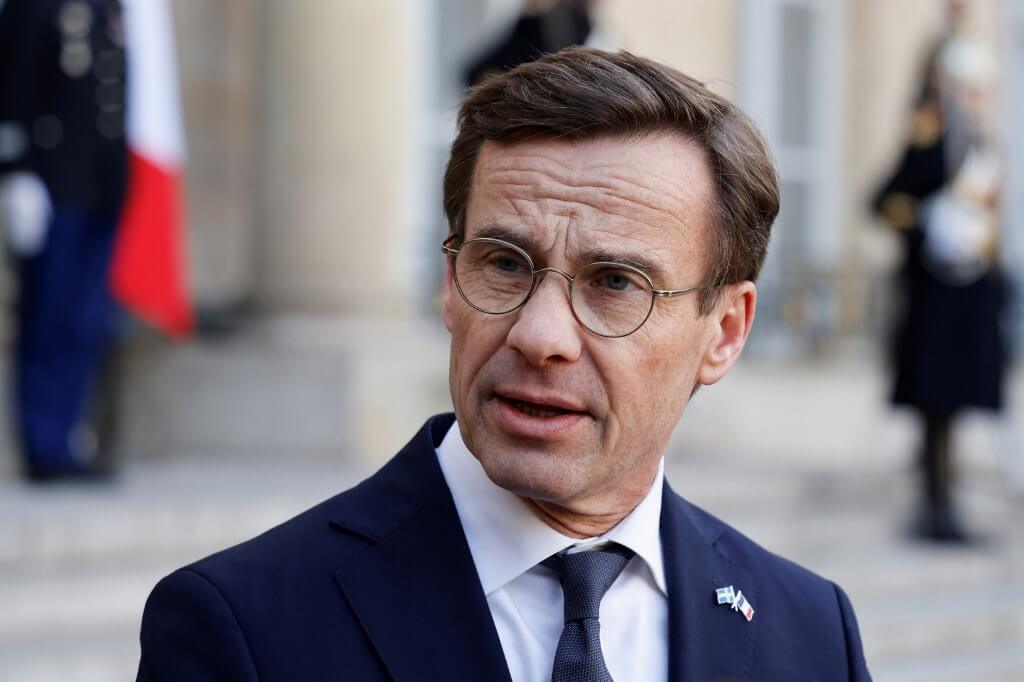A Swedish prosecutor has said the judicial authorities will not launch an investigation into the organizers of a controversial protest in Stockholm last week against Turkish President Recep Tayyip Erdoğan, Sweden’s Aftonbladet daily reported on Monday.
A protest by the Rojava Committee of Sweden last Wednesday comparing Erdoğan to Italy’s fascist dictator Benito Mussolini, who was hung upside down after his execution in the closing days of World War II, attracted harsh criticism from the Turkish government.
The group hung an effigy of Erdoğan dangling by his legs from a rope.
Swedish prosecutor Lucas Eriksson at the City Prosecutor’s Office in Stockholm has concluded that the protest contained no criminal element according to the country’s laws. He said since there was no defamation of Erdoğan, he decided not to initiate a preliminary investigation, adding that a review can be requested, and then a chief prosecutor can look into it.
Sweden’s prime minister, Ulf Kristersson, on Friday condemned the protest in Stockholm, saying that the staging of a “type of mock execution of a foreign democratically elected leader” was “extremely serious.”
Following the protest, Turkey summoned Sweden’s ambassador in Ankara, and Erdoğan lawyer Hüseyin Aydın announced on Twitter on Friday that he had filed criminal complaints on behalf of Erdoğan at the Ankara Chief Public Prosecutor’s Office against the organizers of the demonstration in Stockholm.
Aydın accused the outlawed Kurdistan Workers’ Party (PKK) of organizing the controversial protest.
The PKK, which has been waging a bloody war in Turkey’s southeast since 1984, is listed as a terrorist organization by Turkey and much of the international community.
The protest came at a time when Turkey is seeking the extradition of dozens of people from Sweden whom it labels as “terrorists” in return for approving the country’s NATO membership application.
Sweden and Finland broke with decades of military non-alignment and applied to join NATO in response to Russia’s February invasion of Ukraine. Turkey and Hungary are the only NATO members that still must ratify the Nordic countries’ applications.
Turkey has accused Finland and Sweden, in particular, of providing a safe haven for outlawed Kurdish groups it deems “terrorists” as well as some political dissidents and has refrained from ratifying their NATO bids despite an agreement in Madrid in June.
